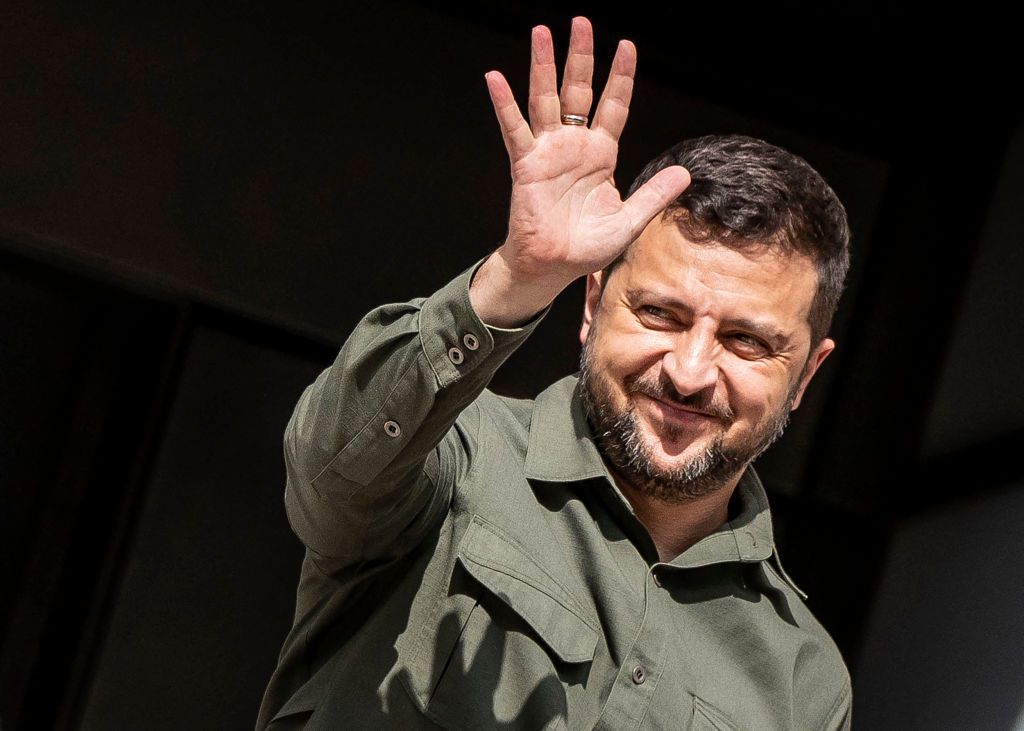Volodymyr Zelensky’s presidency in Ukraine faced uncertainty as his five-year term expired on May 20. While many believe he should continue as president until new elections can be held, critics argue that his decisions post-May 20 will be illegitimate. This has led to concerns about potential protests and Russian propaganda narratives aiming to discredit Ukraine’s peace talks. However, most in the West understand the challenges that prevent legitimate elections from taking place in Ukraine, such as ongoing conflicts and displacement of citizens. It is crucial to support independent journalism in Ukraine to counter these narratives.
The Ukrainian Constitution leaves some ambiguity regarding how presidential terms are handled during martial law. Article 108 ensures the continuity of the president’s powers until a new president is inaugurated, while Article 112 outlines the Speaker of the Verkhovna Rada as the interim head in case of premature termination. Martial law, extended 11 times since Russia’s invasion, adds complexity to the situation. The Central Election Commission’s interpretation reinforced Zelensky’s ongoing legitimacy, supported by historical precedents of extended terms for previous presidents.
Amidst a political impasse in Ukraine, both the government and the opposition are reluctant to seek a definitive ruling from the Constitutional Court regarding Zelensky’s legitimacy. The opposition’s efforts to contest his presidency have not gained significant momentum, despite forming an anti-Zelensky coalition. Zelensky’s ability to retain a fragile grip on the Verkhovna Rada is evident, although party discipline within his faction is deteriorating. Western analysis often overlooks the complexities of Ukrainian politics, which are marked by past revolutions and volatile landscapes.
Zelensky’s current administration enjoys public trust, with a majority of Ukrainians expressing support for his presidency. Internal politics and public acceptance of authority play a crucial role in ensuring legitimacy. If Zelensky continues in power, it may extend his presidency by a few months, balancing the risk of holding another election and granting him five more years. De-escalating the ongoing conflict in Ukraine requires comprehensive political and economic assurances, especially if ceasefire negotiations are on the horizon. The international community must be prepared to commit to a sustainable resolution.
The historical comparison of the Korean armistice underscores the need for robust guarantees to secure lasting peace. Zelensky’s administration must navigate post-war governance effectively, facing potential leverage by Russia and its proxies to exploit legitimacy concerns. De-escalation efforts necessitate significant political, economic, and military investments to mitigate domestic challenges and achieve sustainable resolutions. Independent journalism in Ukraine is essential to counter propaganda narratives and ensure global understanding of the complexities in the region.


